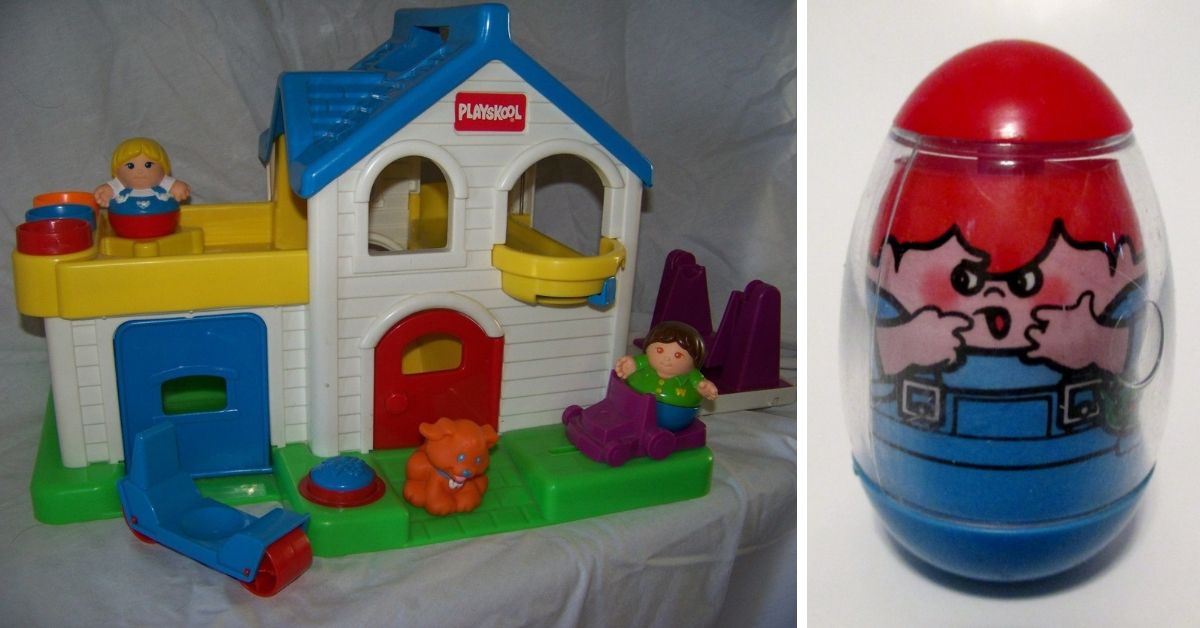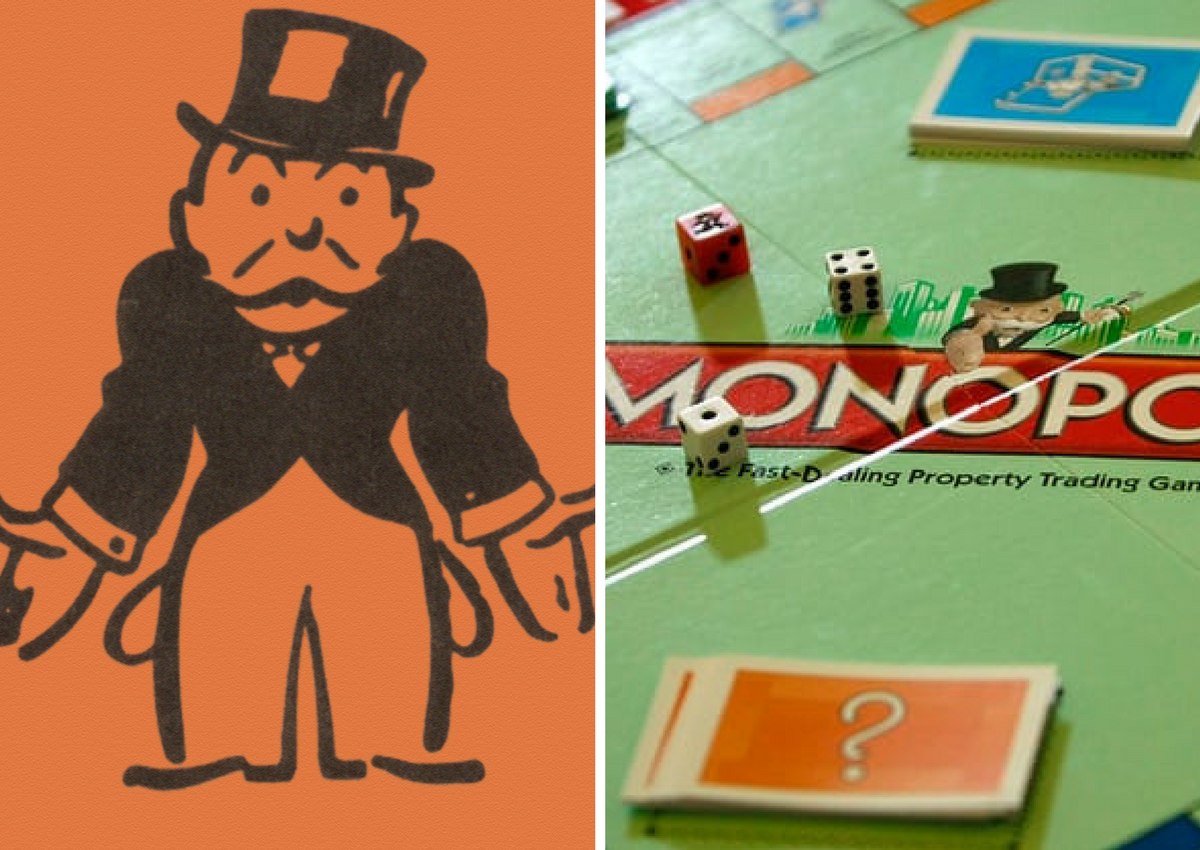
We've All Been Playing Monopoly Wrong, So We Should Probably Go To Jail

Throughout our childhoods and into our adult lives, there's been no greater ruiner of friendships disguised as a "fun" game than Monopoly. Originally invented as a commentary on capitalism (seriously, look it up), the real-estate game has sold millions of units worldwide and is a part of nearly every household's board game collection.

You know it, and you've definitely played it at some point in your life. Of course, that means that you've been subjected to all the many, MANY kinds of rage that this seemingly-innocent board game creates. Kinds like: "Stop buying all the railroads!" or "Hey, the banker's been stealing money this whole time!" or my personal favorite "WHY THE F*** AM I IN F***ING JAIL AGAIN FOR F***'S SAKE?!"
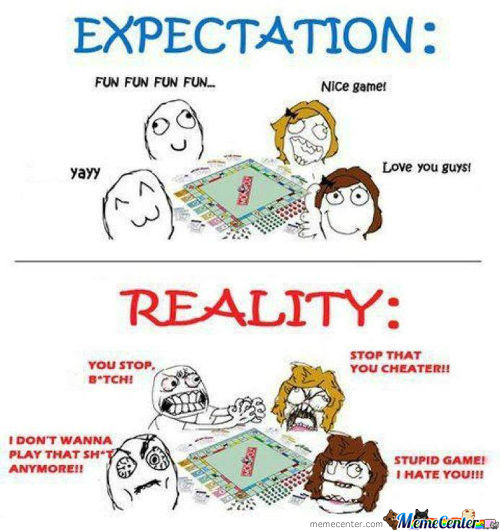
This tends to result in a lot of hurt feelings and flipped boards, especially when one person is clearly running away with the whole thing and there's no way any of you are going to be able to catch up. If only you had an easier way to get property than just rolling the dice and hoping to land on the right one.
Well, dear reader, it turns out there is such a rule for that, and it's one that people routinely forget about when playing the game. It's a rule that changes everything, and largely for the better...
So, you ever have a moment where you land on a property that for one reason or another, you just don't wanna buy it? Sure you have. Maybe you're broke. Maybe you're saving up to buy Boardwalk. Maybe buying that particular property doesn't screw over anyone else quite enough for your taste. But what happens then? You just say no and then it's onto the next person's turn, right?
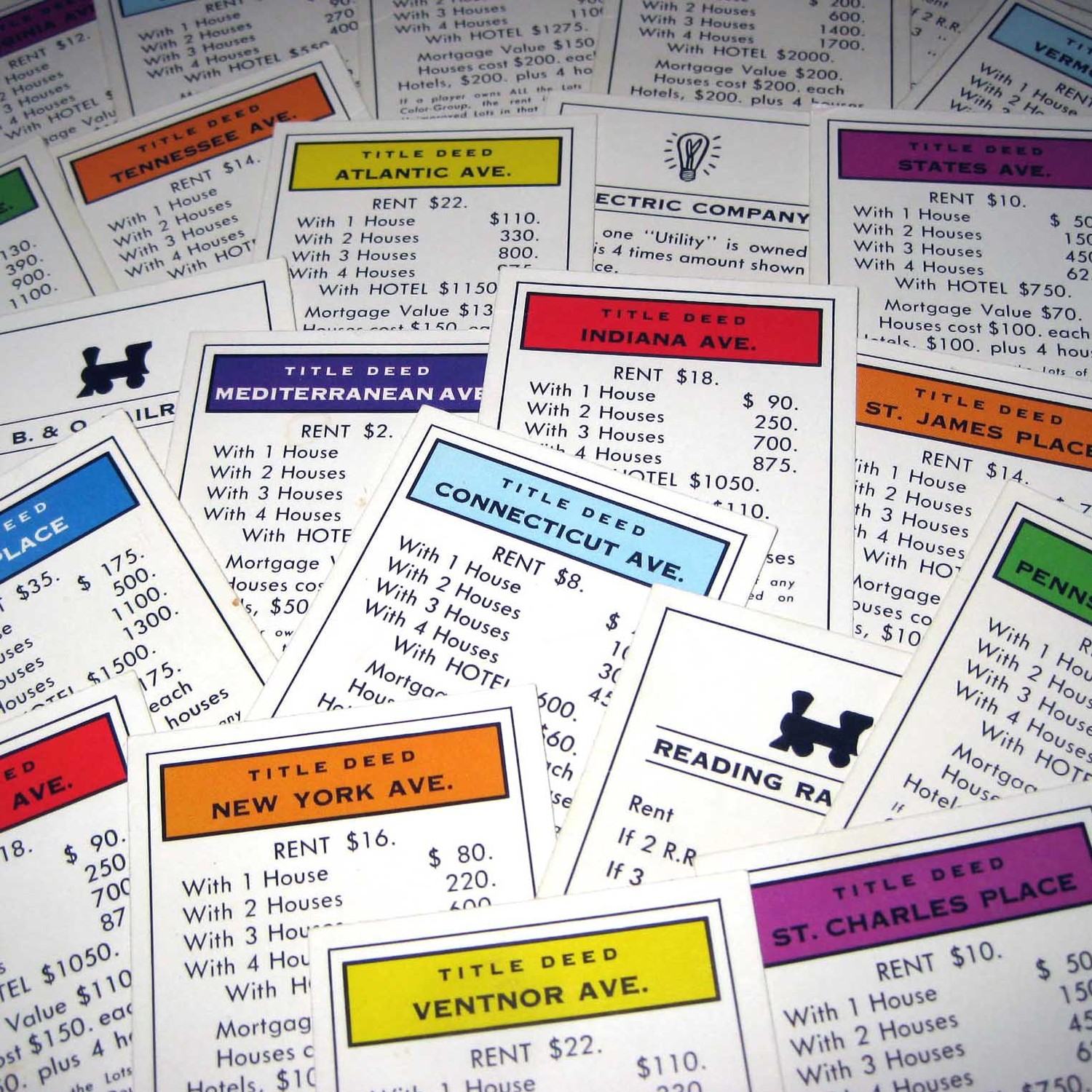
WRONG. In what is easily Monopoly's most-forgotten mechanic, a property that's been passed-over by a player is actually supposed to GO UP FOR AUCTION BETWEEN THE REST OF THE PLAYERS! That's right, the game literally turns into a property auction, with the Banker as the auctioneer. The official rules say it all:
BUYING PROPERTY… Whenever you land on an unowned property, you may buy that property from the Bank at its printed price. You receive the Title Deed card showing ownership; place it face up in front of you. If you do not wish to buy the property, the Banker sells it at auction to the highest bidder. The buyer pays the Bank the amount of the bid in cash and receives the Title Deed card for that property. Any player, including the one who declined the option to buy it at the printed price, may bid. Bidding may start at any price
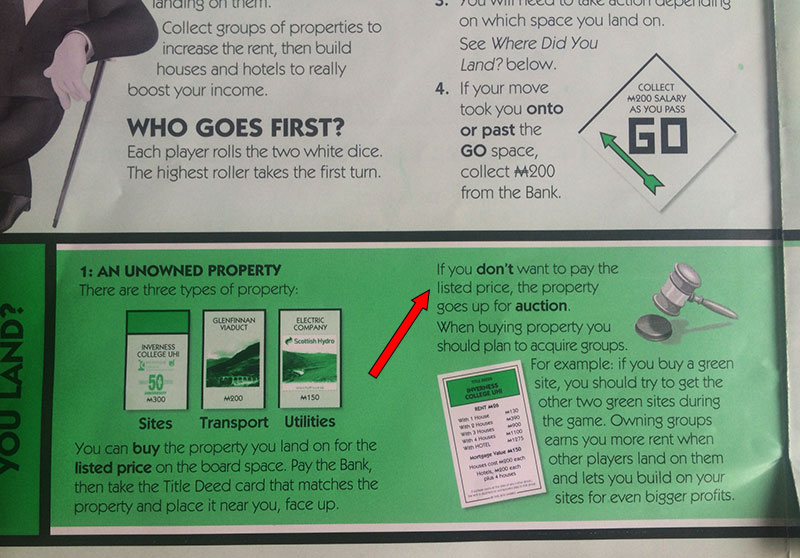
This obviously changes the game up in a pretty big way, since now landing on a property means that if you don't buy it, you're giving other people chances to bid on it and maybe get it before their turn! I can definitely think of times where this rule might've won me the game, how about you?


